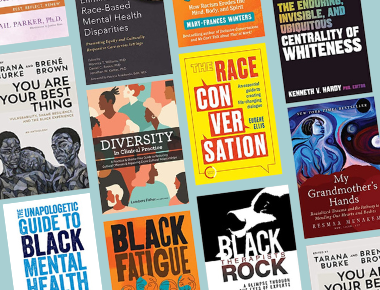Top 10 Titles for Black History Month and Beyond
Clinical resources to promote cultural competency
黑料网 Team

Because mental health professionals work face-to-face with others, day in and day out, they will meet a diverse group of people over the course of their careers. Cultural competence provides the ability to better understand, better communicate with, and better support any client that might walk through the door. Although it goes without saying that all clients should be treated with the same respect and dignity, mental health professionals (most of whom, in the United States, are non-Black) must be willing to learn about and respond to the unique lived experiences of their Black clients if they are to support these clients effectively. This requires openness, humility, curiosity, and research.
As we honor the achievements, sacrifices, and rich cultural heritage of Black Americans, we must remember that cultural competence is more than just a month-long endeavor. It is something that we must practice every day鈥攑utting in the work to foster our multicultural awareness and turning this awareness into action, continually learning and developing the ways to best support our clients.
At 黑料网, we recognize the brilliant work done by the following authors and editors and all those who work to make a difference in our world.
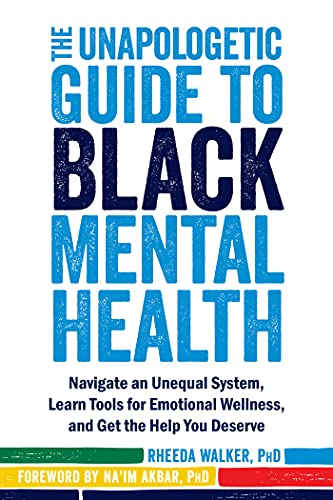
The Unapologetic Guide to Black Mental Health: Navigate an Unequal System, Learn Tools for Emotional Wellness, and Get the Help You Deserve
Rheeda Walker, PhDThis breakthrough book is an exploration of Black mental health in today鈥檚 world, the forces that have undermined mental health progress for African Americans, and what needs to happen for African Americans to heal psychological distress, find community, and undo years of stigma and marginalization in order to access effective mental health care.
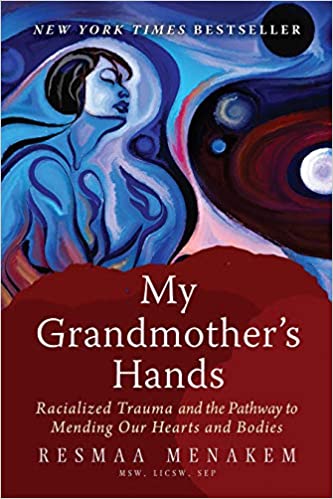
My Grandmother鈥檚 Hands: Racialized Trauma and the Pathway to Mending Our Hearts and Bodies
Resmaa Menakem, MSW, LICSW, SEPA New York Times bestseller, My Grandmother鈥檚 Hands examines the damage caused by racism in America from the perspective of trauma and body-centered psychology, introducing an alternative view of what we can do to grow beyond our entrenched racialized divide.
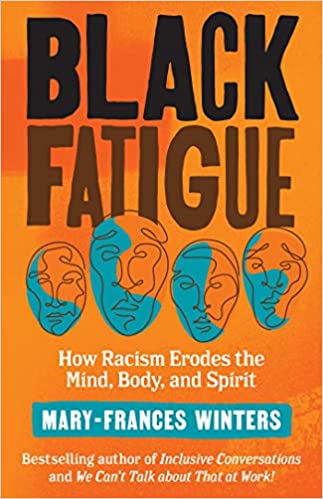
Black Fatigue: How Racism Erodes the Mind, Body, and Spirit
Mary-Frances Winters, MBAThis is the first book to define and explore Black fatigue, the intergenerational impact of systemic racism on the physical and psychological health of Black people鈥攁nd explains why and how society needs to collectively do more to combat its pernicious effects.
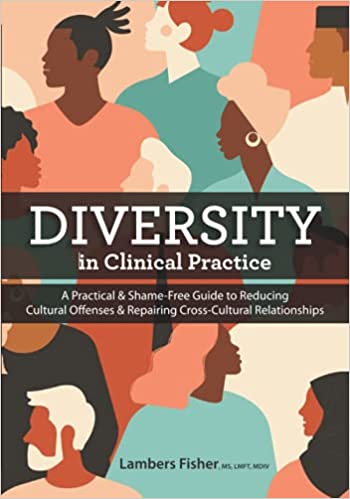
Diversity in Clinical Practice: A Practical & Shame-Free Guide to Reducing Cultural Offenses & Repairing Cross-Cultural Relationships
Lambers Fisher, MS, LMFT, MDivWith his encouraging and non-shaming approach, Lambers Fisher will challenge you to learn more about other cultures, accept what you do not yet know in the process, and utilize strategies that can help you become an increasingly culturally competent professional. Beyond ethnicity, you will explore issues of age, gender, sexuality, religion, acculturation, and social justice.
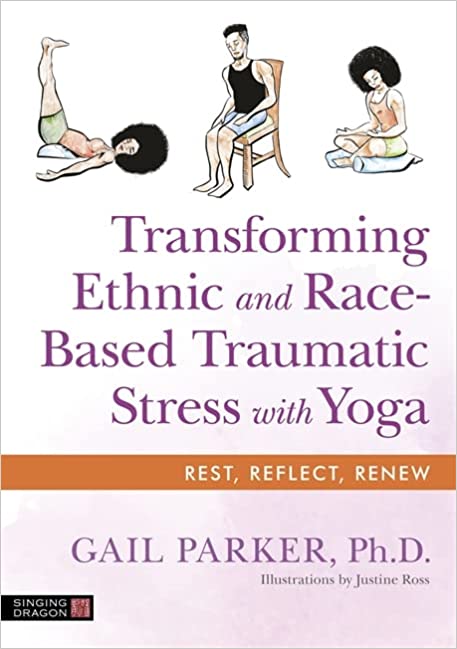
Transforming Ethnic and Race-Based Traumatic Stress with Yoga
Gail Parker, PhD, C-IAYT, E-RYT 500Ethnic and race-based traumatic stress is a worldwide phenomenon. Regardless of race and ethnicity, we are all impacted by its damaging effects, from those who are wounded to those who do the wounding. This workbook offers a range of self-care practices that strengthen the psychological immune system, increase resilience, and support post-traumatic growth.
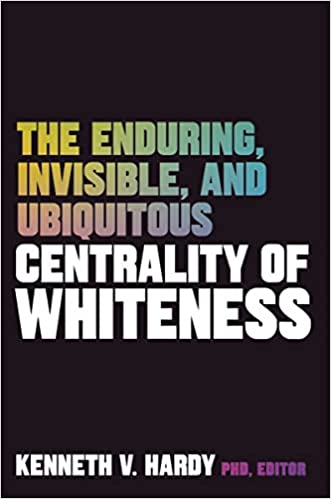
The Enduring, Invisible, and Ubiquitous Centrality of Whitenes
Kenneth V. Hardy, PhDAn up-front, close, and fresh examination of the impact of whiteness and how it contributes to our troubled race relationships, this book posits that whiteness is a pervasive ideology that is rarely overtly identified or examined, although it has profound effects on race relationships in therapy and beyond. Contributors to the volume are from different backgrounds in the field of mental health and activism.
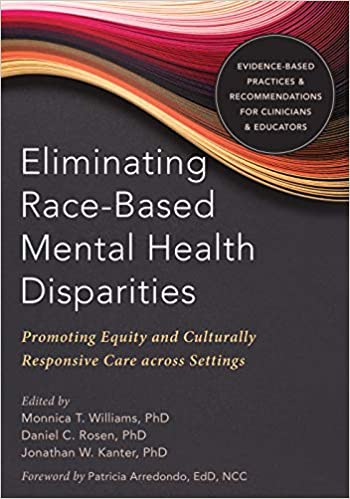
Eliminating Race-Based Mental Health Disparities: Promoting Equity and Culturally Responsive Care across Settings
Monnica T. Williams, PhD, Daniel C. Rosen, PhD, and Jonathan W. Kanter, PhDThis edited volume explores the urgent problem of racial inequities and biases, which often prevent people of color from seeking mental health services. In this much-needed resource, you鈥檒l find evidence-based recommendations for addressing problems at multiple levels, and best practices for compassionately and effectively helping clients across a range of cultural groups and settings.
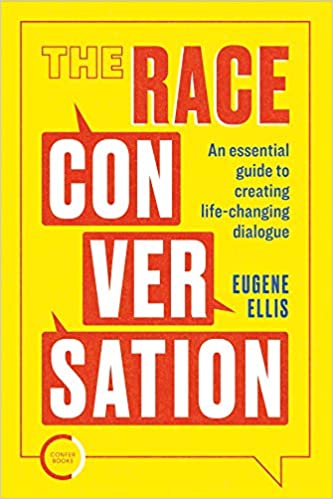
The Race Conversation: An Essential Guide to Creating Life-Changing Dialogue
Eugene Ellis, MAThe Race Conversation explores how the damage and distress caused by racism lives not just in our minds, but principally in the body. This guide supports people of color and white people alike to emerge from the tight grip of race discomfort through a trauma-informed, neurophysiological approach that emphasizes resourcing, body awareness, mindfulness, and healing.
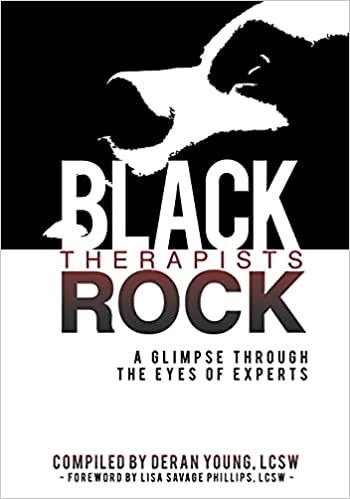
Black Therapists Rock: A Glimpse Through the Eyes of Experts
Deran Young, LCSWMental health and psychosocial wellness underpin many of the challenges experienced by Black people. The professional perspectives shared in this book strive to inspire hope. With our #villagementality, we can offer an honest and true source of healing鈥攚ith compassion, forgiveness, and genuine connection for ourselves and others.
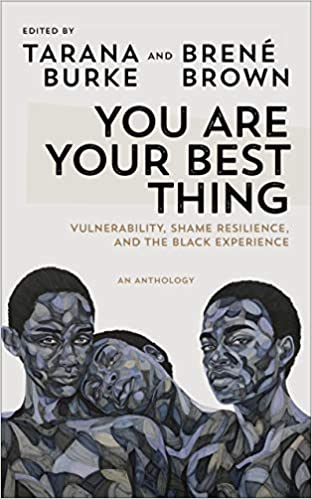
You Are Your Best Thing: Vulnerability, Shame Resilience, and the Black Experience: An Anthology
Tarana Burke and Bren茅 Brown, PhD, LMSWThis stark, potent collection of essays on Black shame and healing brings together a dynamic group of Black writers, organizers, artists, academics, and cultural figures. Together, they create a space to recognize and process the trauma of white supremacy, a space to be vulnerable and affirm the fullness of Black love and Black life.
Topic: Book Club | Cultural, Social, & Racial Issues | Diversity | Multicultural Counseling
Tags: Advice | Culture | Race in therapy | Success | Therapy Tools | Wisdom



